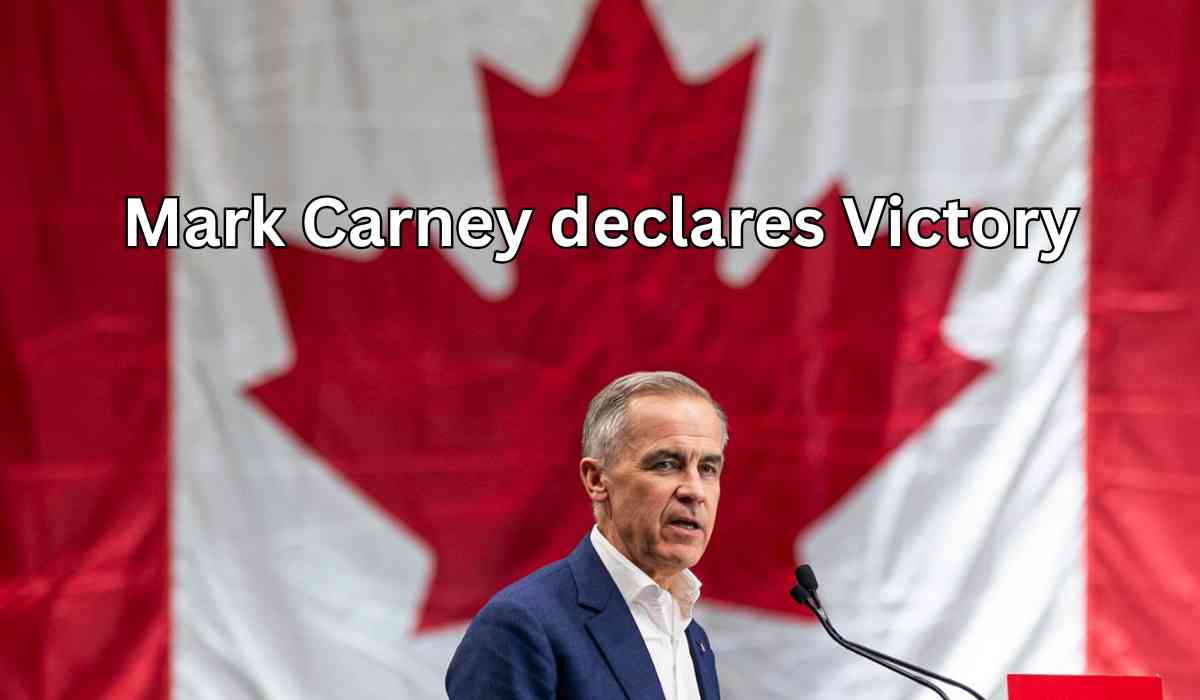In a dramatic turn of events that many observers did not foresee, the Liberal Party, under the leadership of Mark Carney, triumphed in the 2025 Canadian federal elections. After Justin Trudeau stepped down earlier in the year, Carney, who had served as the governor of the Bank of England and the Bank of Canada, took the helm of the party and steered it toward a remarkable victory.
While it’s still uncertain whether the Liberals will secure a majority government or rely on a minority, the victory marks a significant achievement in a highly charged political landscape. Carney's leadership, coupled with key factors such as the handling of relations with the United States and a shifting domestic political environment, played a pivotal role in turning the tides in favor of the Liberals.
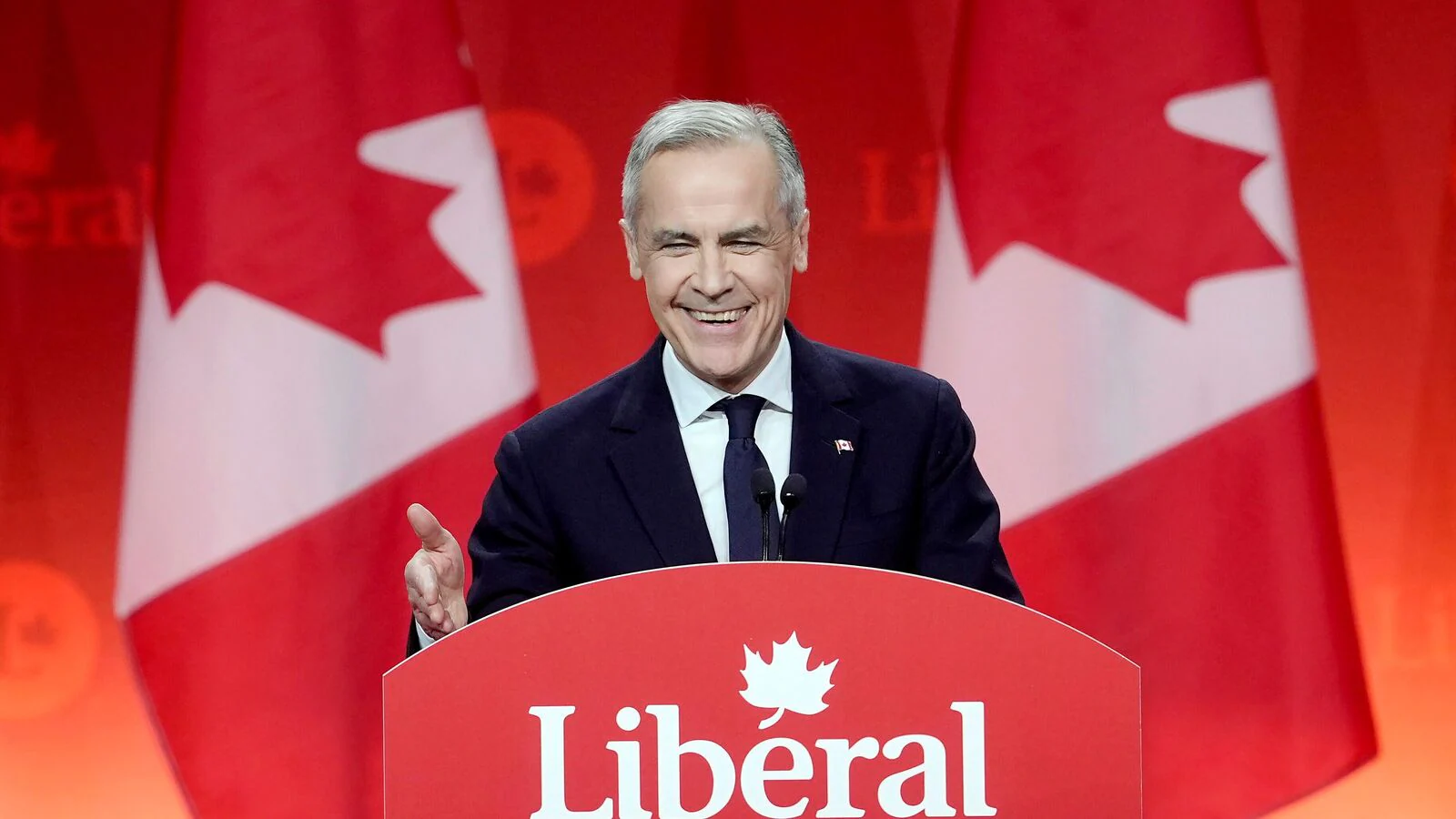
A Shocking Turnaround: How Carney Led the Liberals to Victory
Just months before the election, the Liberals were on the brink of defeat. Under the leadership of Justin Trudeau, Canada’s ruling party faced a significant drop in popularity. The country was also grappling with rising food and housing prices, which added to the discontent. Many pundits and pollsters had predicted that the Liberals would lose the election, but Carney’s strategic approach changed the trajectory of the party’s campaign.
-
Liberal Party’s Performance: As of the latest projections, the Liberals are expected to secure 161 seats in the 343-seat Parliament, falling short of the 172 needed for an outright majority. However, their strong showing at the polls has still positioned them as the leading party in the country.
-
Conservative Setback: Pierre Poilievre’s Conservative Party, which was previously seen as the frontrunner, is expected to win just 150 seats. The Bloc Québécois and the New Democratic Party (NDP) trail with 23 and 8 seats, respectively.
-
Carney’s Political Firsts: Carney's own political career began with this election, as he ran and won a seat in Ottawa’s Nepean riding, marking his first foray into public office.
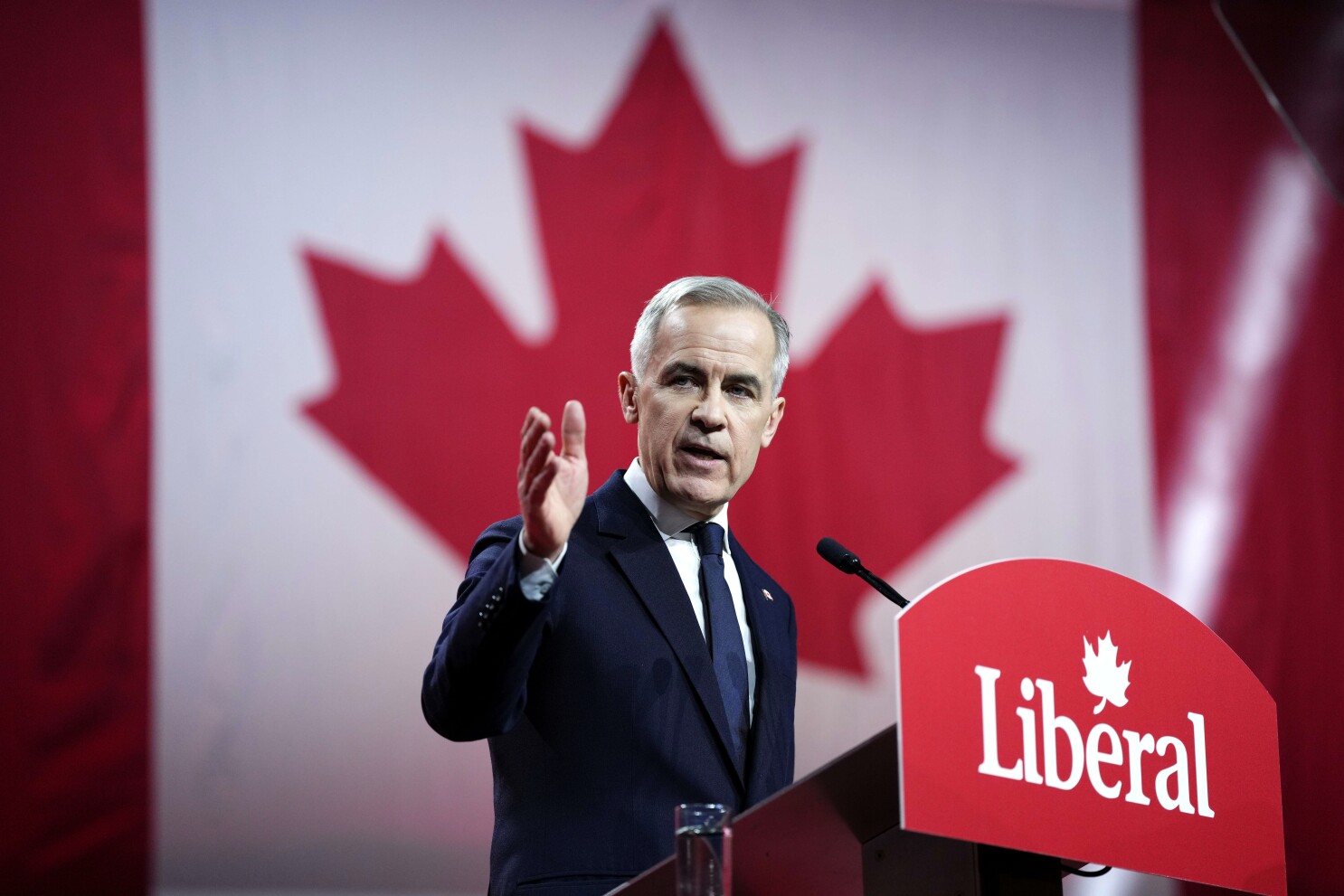
Mark Carney’s Smart Messaging and Leadership
A key factor in Carney’s success was his ability to differentiate himself from his predecessor, Justin Trudeau, and present a strong leadership style that resonated with Canadians, especially in the face of rising tensions with the United States under President Donald Trump.
-
Tough Stance Against Trump: Carney's messaging centered on Canada’s sovereignty and his resolve to stand up to Trump’s provocative behavior. At the heart of his campaign was a commitment to protecting Canadian resources and resisting Trump’s repeated suggestions that Canada should become the 51st state.
“Donald Trump wants to break us so America can own us. They want our resources, they want our water, they want our land, they want our country. They can’t have it,” Carney declared during the campaign.
His fiery rhetoric resonated with Canadians, portraying Carney as the leader who could stand firm in the face of external threats, particularly from the United States.
-
Differentiation from Trudeau: Carney’s campaign also sought to distance himself from Trudeau’s policies, particularly on economic matters. He rejected Trudeau’s carbon tax on consumers and advocated for stronger trade relationships with European allies, like France and the UK. This positioning helped to highlight Carney’s pragmatic approach to governance.
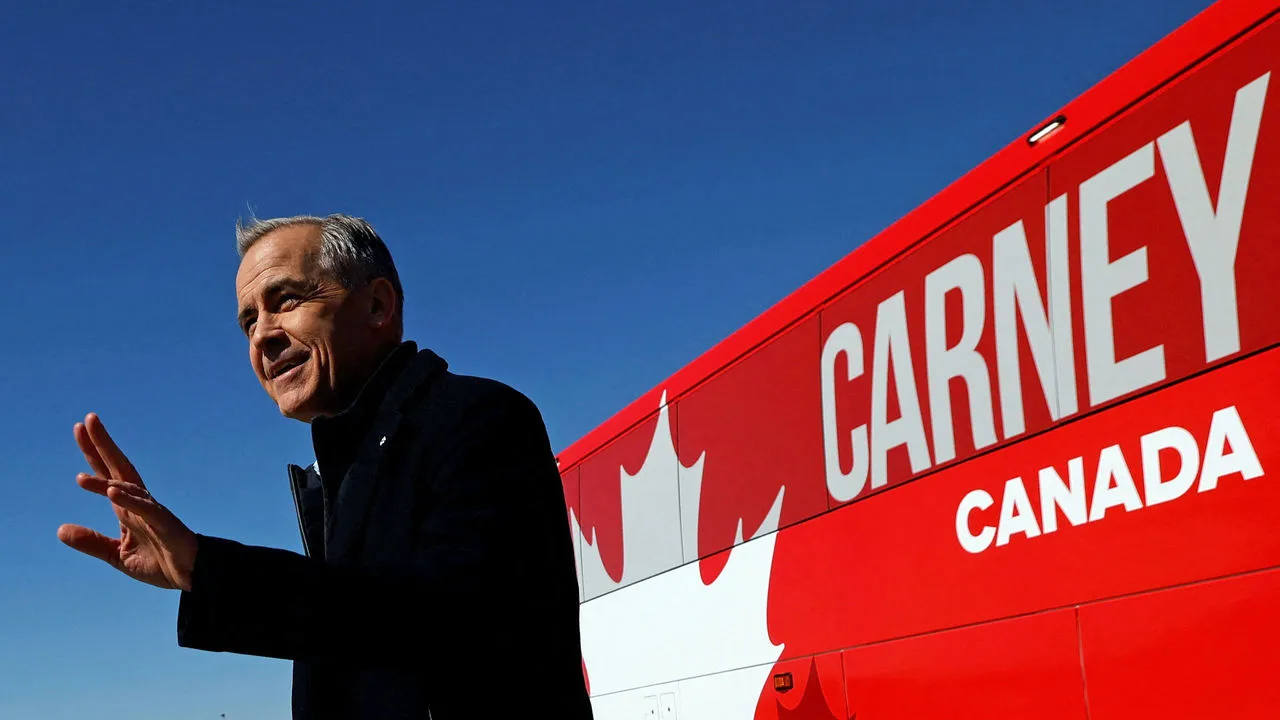
The Role of Donald Trump in the Election Outcome
One of the most crucial factors in the Liberals’ unexpected victory was the escalating tension between Canada and the United States, largely driven by Donald Trump’s aggressive trade policies. Trump imposed hefty tariffs on Canadian imports, including a 25% levy on most goods and a 10% tariff on energy products. These measures were seen as an affront to Canada’s sovereignty and had significant economic repercussions for the country.
-
Trump’s Threats and Canada’s Response: Carney leveraged Trump’s actions to rally Canadians around the idea of standing up to external threats. He referred to the situation as a "betrayal" by the United States, reminding voters of Trump’s repeated comments that Canada should become part of the U.S.
"We are over the shock of the American betrayal, but we should never forget the lessons," Carney said in his victory speech. “America wants our land, our resources, our water, our country. These are not idle threats.”
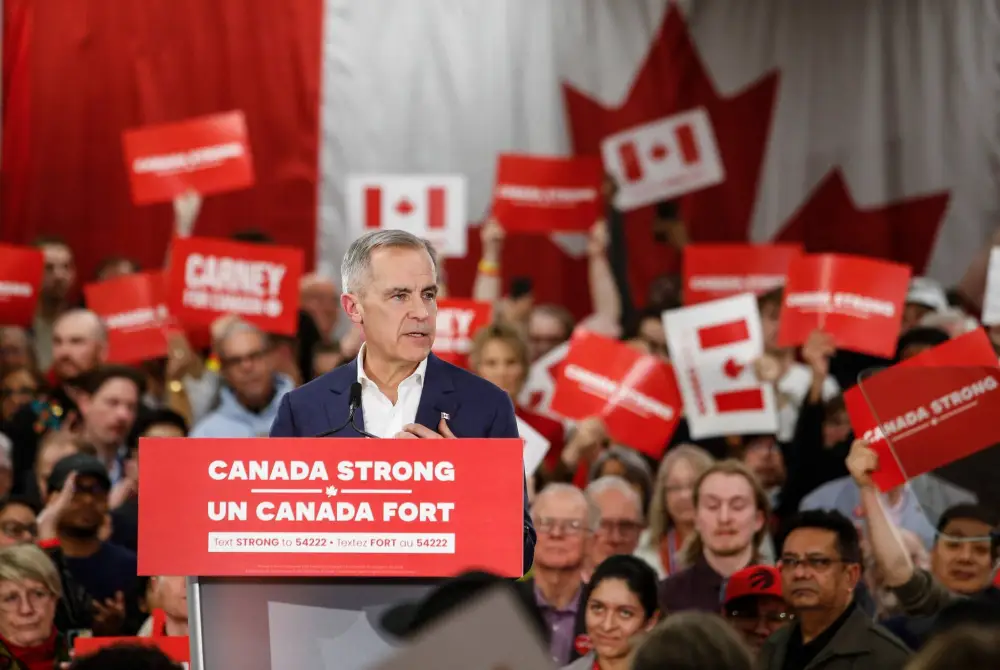
The Conservative Party’s Missed Opportunity
While Carney’s messaging resonated with the electorate, Pierre Poilievre’s Conservative Party struggled to adapt to the changing political landscape. Although the Conservatives had initially been seen as the likely winners, Poilievre’s campaign lacked the necessary pivot to address the most pressing issues, notably the growing anti-Trump sentiment across the country.
-
Failure to Address Trump Early On: Kory Teneycke, a Conservative strategist, admitted that the party failed to address the Trump issue until late in the campaign, when it had already become a central concern for voters. Poilievre’s late pivot and reliance on slogans such as “Canada First” and “axe the tax” did not resonate with Canadians, especially those uneasy about Trump’s influence.
-
Conservatives’ Struggle to Adapt: Poilievre’s focus on immigration and border security, which echoed Trump’s rhetoric, also alienated voters who were increasingly wary of Trump’s influence. Many voters found it difficult to reconcile the Conservative leader’s policies with Canada’s values of inclusivity and diversity.
Carney’s Post-Election Speech: A Swipe at Trump
In his first speech after winning the election, Carney did not hold back from reiterating his opposition to Trump’s actions. Addressing a jubilant crowd in Ottawa, he emphasized that Canada must never forget the lessons learned from the “American betrayal.” He reassured supporters that while the trade war with the U.S. would bring challenging times ahead, Canada would prevail.
-
Canadian Sovereignty in Focus: Carney’s statement underscored the importance of maintaining Canada’s sovereignty and resisting external pressure. His victory speech resonated with Canadians who were tired of the unpredictability brought by Trump’s administration.
-
Facing Future Challenges: Carney acknowledged the road ahead would be challenging, particularly with ongoing trade disputes and tariff battles. However, his message was clear: under his leadership, Canada would navigate these turbulent waters while protecting its interests.
A New Era for Canadian Politics
Mark Carney’s leadership marked a turning point for the Liberal Party and Canadian politics as a whole. His victory, fueled by his strong messaging, leadership during a period of uncertainty, and effective use of Trump’s actions to galvanize support, has set the stage for a new era in Canada’s political landscape. As Carney prepares to lead the country through difficult times ahead, his ability to unite Canadians in the face of external threats will likely be a defining feature of his tenure as prime minister.
With inputs from agencies
Image Source: Multiple agencies
© Copyright 2025. All Rights Reserved Powered by Vygr Media.

